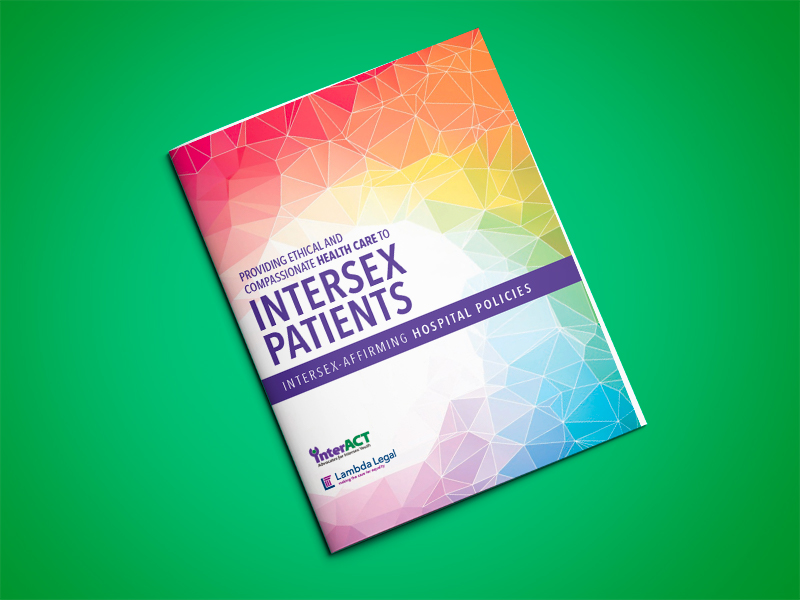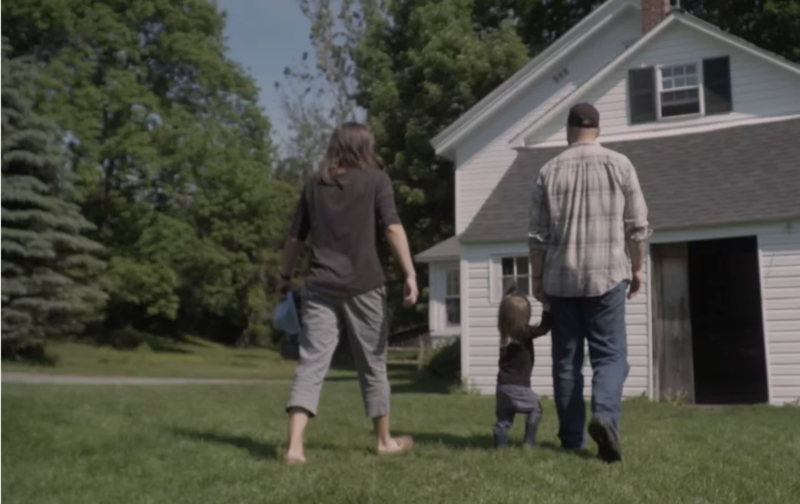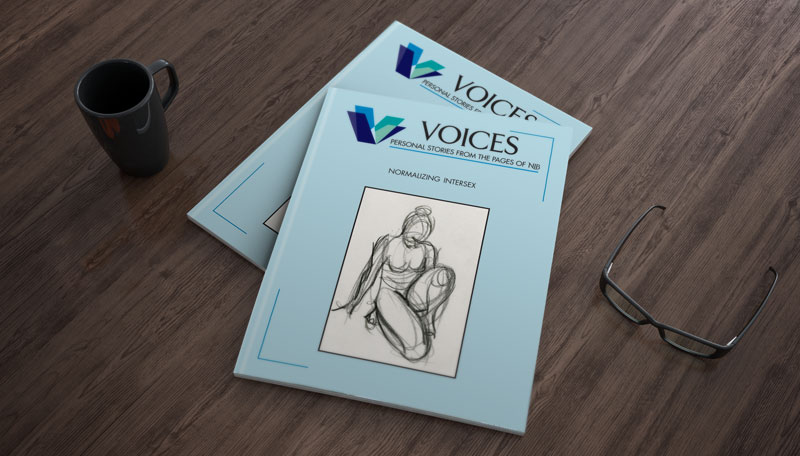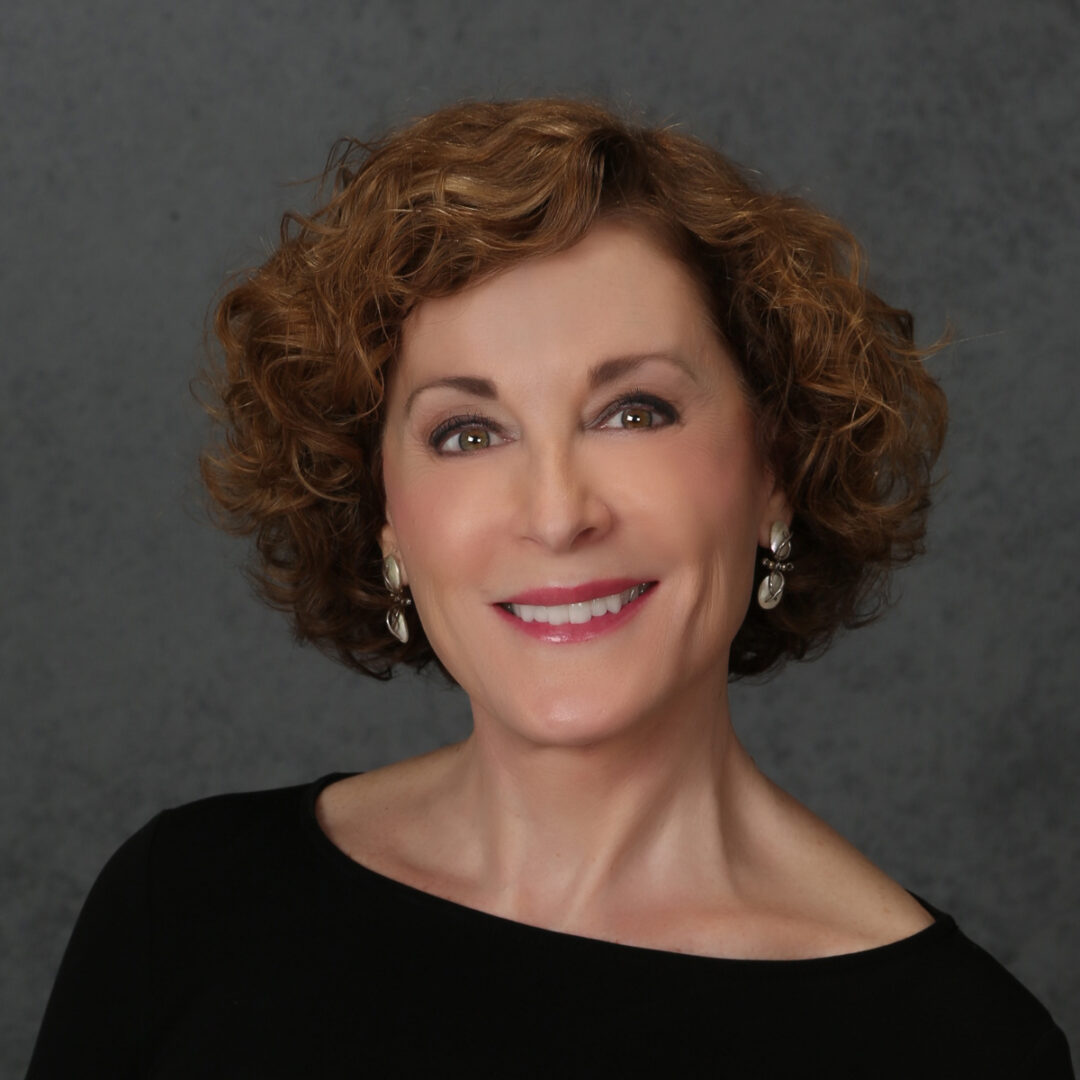Intersex-Affirming Medical Policy and Research
interACT works with the medical community with the aim of eliminating the human rights violations experienced by individuals with intersex traits. interACT provides consultation and training for medical students, doctors, hospitals, researchers, Institutional Review Boards, and other health care providers on how best to improve care and increase positive health outcomes for this population.
Intersex-Affirming Research
HRW & interACT Report:
I Want to Be Like Nature Made Me: Medically Unnecessary Surgeries on Intersex Children in the US
interACT collaborated on a joint report with Human Rights Watch: “‘I Want to Be Like Nature Made Me’: Medically Unnecessary Surgeries on Intersex Children in the US.”
This report was the result of months of in-depth research and interviews with intersex individuals, parents of intersex children, and doctors to uncover the truth about intersex medical care in the United States: the practices and their consequences; what has changed over the decades of international activism; and what still remains to be done.
HRW & interACT Report:
A Changing Paradigm: US Medical Provider Discomfort with Intersex Care Practices
(New York, October 26, 2017) – Medical professional associations should enact standards of care for intersex children that rule out medically unnecessary surgery before patients are old enough to consent, Human Rights Watch and interACT said in a report released today. After decades of controversy in the medical community over the procedures, the lack of centralized care standards allows doctors to continue operating on children’s gonads, internal sex organs, and genitals when they are too young to participate in the decision, even though such surgery is dangerous and could be safely deferred.
The 41-page report, “A Changing Paradigm: US Medical Provider Discomfort with Intersex Care Practices,” examines the controversy over the operations inside the medical community and the pressure on parents to opt for surgery.
Once called “hermaphrodites” – a term now considered pejorative and outdated, intersex people are not rare, but their needs are widely misunderstood. Based on a medical theory popularized in the 1960s, doctors perform surgery on intersex children – often in infancy – with the stated aim of making it easier for them to grow up “normal.” The results are often catastrophic, the supposed benefits are largely unproven, and there are rarely urgent health considerations requiring immediate, irreversible intervention.

Three Surgeons General Take Stand Against Non-consensual Intersex Surgeries
interACT teamed up with The Palm Center to produce this groundbreaking article by three former US Surgeons General taking a stand against non-consensual intersex surgeries.
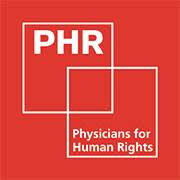
Unnecessary Surgery on Intersex Children Must Stop
“Physicians for Human Rights calls for an end to all medically unnecessary surgical procedures on intersex children before they are able to give meaningful consent to such surgeries. We also call on the World Health Organization, the World Medical Association, and all relevant national medical associations to issue detailed guidance to their members and constituencies on emerging best practices for the optimal management of the physical and mental health of intersex children and their families. Such guidance must include, specifically, a clear directive to defer medically unnecessary surgeries until an individual can provide informed consent, and to provide psychosocial support for patients and families.”

GLMA calls for an end to medically unnecessary nonconsensual surgeries
A major US-based medical professional association calls for an end to medically unnecessary nonconsensual surgeries on intersex infants! interACT commends GLMA: Health Professionals Advancing LGBT Equality on its important resolution, not only calling for an end to surgery without consent but also that any facility treating intersex people include “input from mental health specialists, medical and surgical specialists, bioethicists, and community/peer support organizations to deliver comprehensive biopsychosocial treatments that support all patients, their families, and any other caretakers” GLMA was the first medical organization to recognize the needs of this community and they continue to lead the way, thank you GLMA! Read the resolution.

FDA Consensus Statement on the Use of Anesthetic and Sedative Drugs in Infants and Toddlers
The Food and Drug Administration (FDA) recently issued a highly concerning safety alert, explaining that “repeated or lengthy use of general anesthetic and sedation drugs during surgeries or procedures in children younger than 3 years or in pregnant women during their third trimester may affect the development of children’s brains.
Reports and Resources on Improving
Medical Policy and Care
Intersex Affirming Hospital Policies
by interACT and Lambda Legal
Today, medical practitioners recognize the importance of providing ethical and compassionate health care to people born with intersex traits and have launched efforts to ensure that intersex people are receiving appropriate, sensitive, and nondiscriminatory health care. The main issue raised by members of the intersex community is the continued performance of medically unnecessary genital-”normalizing” surgery on intersex infants before they are old enough to participate in the decision-making process. Rather than calling for immediate surgical intervention upon the birth of an intersex child, leading practitioners in patient-centered care recommend promptly implementing a long-term management strategy that involves a range of pediatric subspecialists, including intersex-affirming mental health providers, pediatricians, and the parent(s).
Spare intersex kids needless surgeries
by I.W. Gregorio
This article written by interACT board member I.W. Gregorio how increasingly apparent it has become that intersex people do not need to be fixed. Three former U.S. Surgeons Generals stated in a report recently published by the think tank the Palm Center, “There is insufficient evidence that growing up with atypical genitalia leads to psychosocial distress.” Gregorio, a doctor, participated in a surgery to remove the internal testes of a girl with complete androgen insensitivity syndrome, or CAIS and is now a staunch advocate for revising doctors’ practice patterns change when it comes to intersex.
Why Intersex Patients Need the Truth and Doctors Need to Listen
By Katharine B. Dalke
As an intersex woman and a doctor, Katharine B. Dalke has seen the dangerous stigma the US medical establishment attaches to the intersex community. In this article Dalke advocates for affirming, supportive, and transparent treatment models for intersex people stating, “Ending medically unnecessary non-consensual surgeries is the first step—a necessary change to build trust. Then we can all begin to build a model of care focused on healing.”
“Normalizing Intersex” – a special edition of the National Inquiry in Bioethics Journal
Many interACT staff and board members contributed to the publication of “Normalizing Intersex” – a special edition of the National Inquiry in Bioethics Journal published in partnership with the Voices project and made possible by a grant from Open Society Foundations. These experiences shared by intersex people and professionals advocating for intersex awareness will hopefully influence medical discourse and training about the diagnosis of intersex. A study guide for the publication and a podcast with Symposium Editors Georgiann Davis and Ellen K. Feder were also created to aid in further dialogue.
interACT Board Member Arlene Baratz, MD Highlights Importance of FDA Warning about Harmful Effect of Anesthesia on Babies’ Developing Brains
by Arlene B. Baratz, MD
In response to “Anesthesia and Developing Brains — Implications of the FDA Warning” by Andropoulos and Greene, Texas Children’s Hospital’s policy of careful decision-making regarding anesthesia for children under three, limiting use to “serious or life-threatening congenital conditions for which there are no alternative treatments… for which treatment cannot be delayed” Arlene Baratz draws from her experience as a physician, intersex parent and advocate to present evidence that unconsented childhood genitoplasty violates children’s human rights. Read the response.
“Sex is like an inside joke that everyone gets but me: Controversies in feminizing genitoplasty for classical congenital” by Arlene B. Baratz, MD
Arlene Baratz offers a 10-point response to those who still advocate for feminizing genitoplasty without consent, and who criticized the Human Rights Watch report, “I Want to be Like Nature Made Me,” calling out intersex genital mutilation. Read the response.


